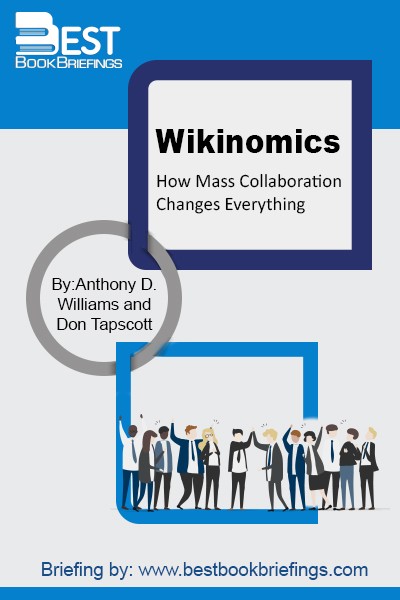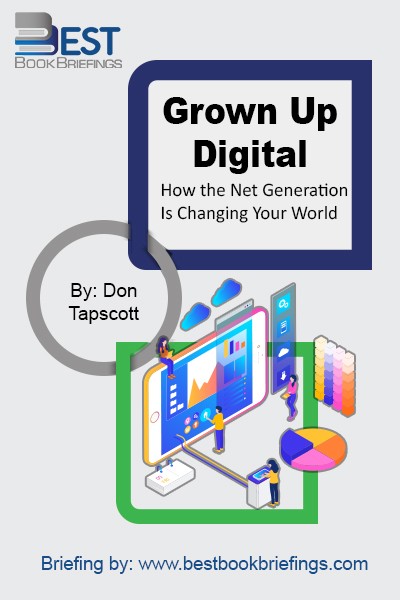Wikinomics
How Mass Collaboration Changes Everything
Editorial Review
The idea of collaboration has always been used within the framework of board rooms, conferences, video conferencing and the likes. Yet now, the traditional scope of collaboration is moving into mass collaboration, in where millions and millions of individuals are able to play a role in the economy like never before. Through the Internet, massive online communities are breaking the walls down of traditional hierarchies and control and giving new rise to powerful new models of production based on community, collaboration and self-organization. These Web-enabled communities that are embracing the new art and science of mass collaboration, adding value, wealth and growth to businesses all work under what is known now as “Wikinomics.”
Book Reviews
Books on Related Topics
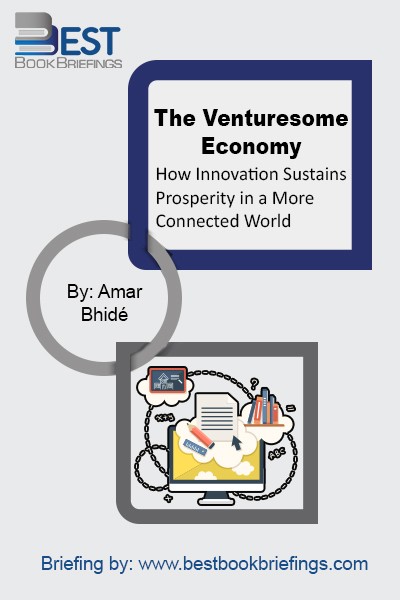
Many warn that the next stage of globalization--the offshoring of research and development to China and India--threatens the foundations of Western prosperity. But in The Venturesome Economy, acclaimed business and economics scholar Amar Bhide shows how wrong the doomsayers are.Using extensive field studies on venture-capital-backed businesses to examine how technology really
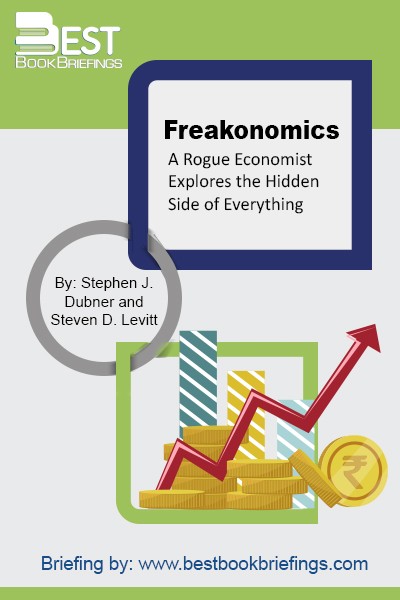
Incentives are the cornerstone of modern life. And understanding them or ferreting them out is the key to solving just about any riddle. It isn't just the boldface names inside-trading CEOs and pill-popping ballplayers and perk-abusing politicians¾who cheat. It is the waitress who pockets her tips instead of pooling them. It
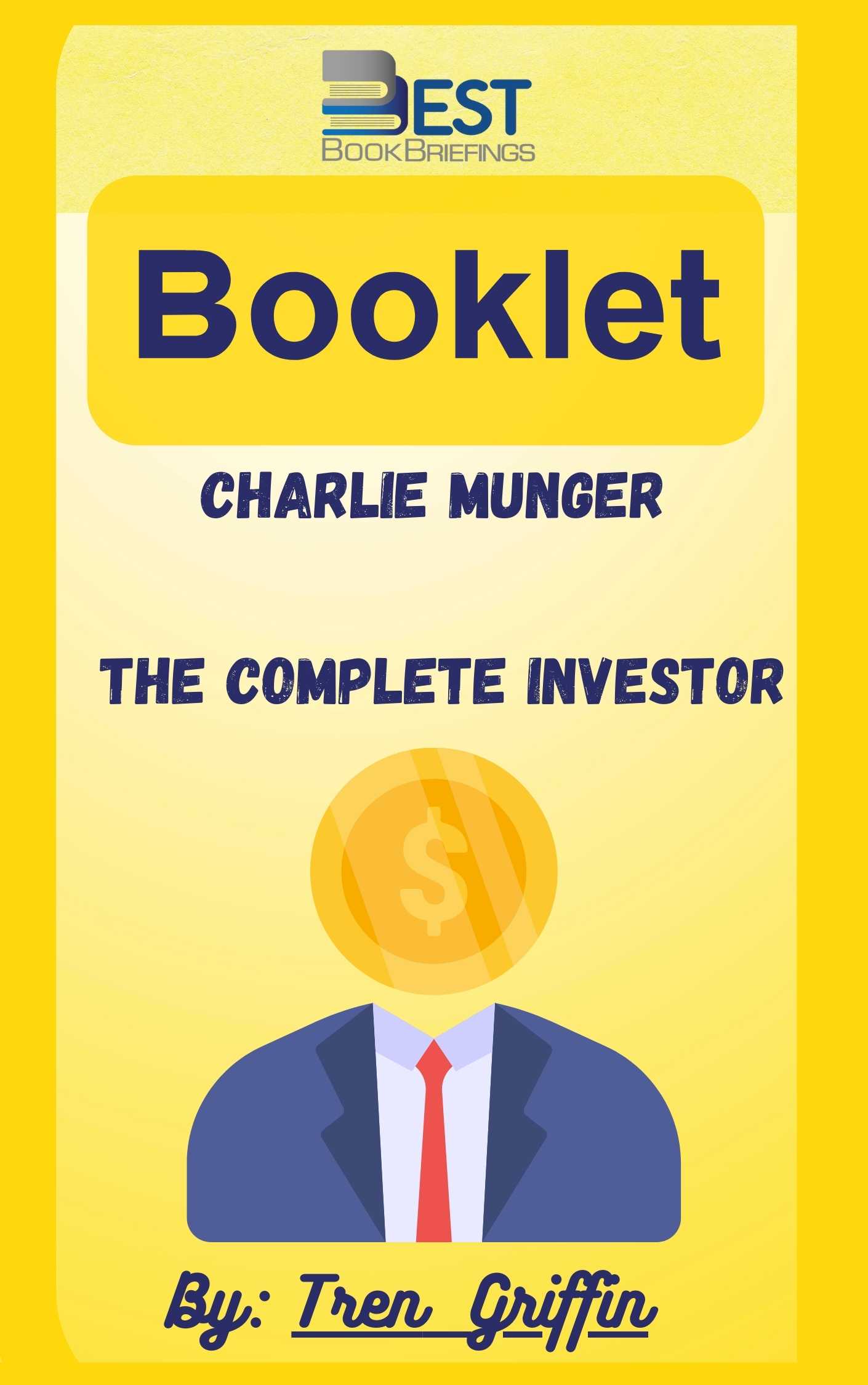
Charlie Munger, Berkshire Hathaway's visionary vice chairman and Warren Buffett's indispensable financial partner, has outperformed market indexes again and again, and he believes any investor can do the same. His notion of elementary, worldly wisdom -a set of interdisciplinary mental models involving economics, business, psychology, ethics, and management-allows him to keep his
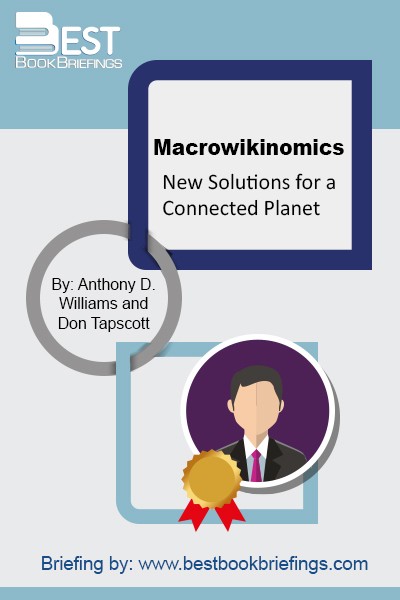
We look back at the time when the world began a historic transition from industrial capitalism to a new kind of economy based on new principles and new ways of thinking and behaving. And while there are certainly many similarities between what is happening today and what happened over five hundred

The global financial crisis that shook virtually every country, government, and household in the world in 2008-09 gave way to a frustrating “new normal” of low growth, rising inequality, political dysfunction, and, in some cases, social tensions, so much so that the path of the global economy is likely to end

